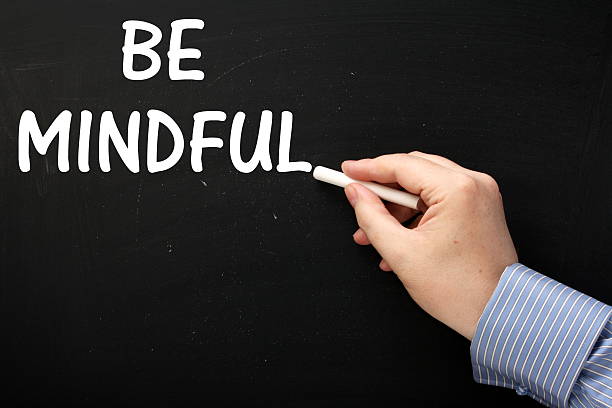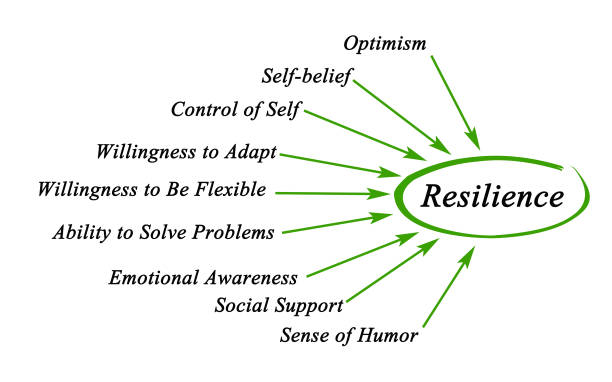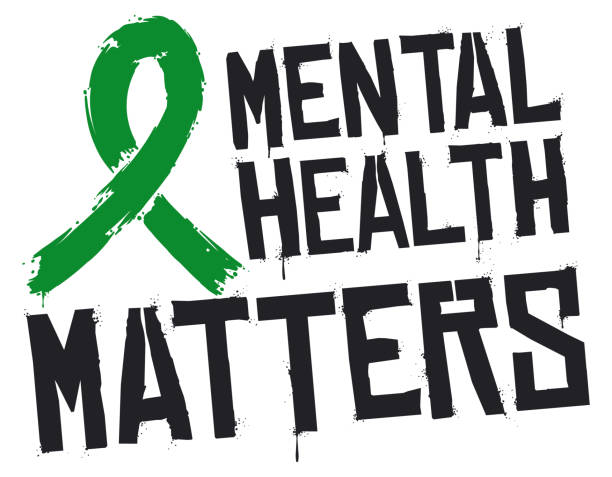Pursuing a Chartered Accountancy (CA) qualification is no walk in the park. The relentless pressure of exams, articleship demands, and tight deadlines can weigh heavily on students, making stress and mental health critical areas to address. This article dives deep into practical, actionable strategies to help CA students manage stress and nurture their mental well-being, ensuring they thrive both academically and personally. For a broader perspective on handling stress across various professions, check out Managing Stress and Well-Being, which offers universal insights into maintaining balance and resilience in high-pressure environments.
Stress and Mental Health: Coping with CA Exam Pressure
The CA journey is a marathon, not a sprint. With its grueling syllabus and high-stakes exams, it’s no surprise that stress can creep in like an uninvited guest. The Foundation, Intermediate, and Final levels each bring unique challenges, from mastering complex concepts like taxation to juggling articleship responsibilities. Left unchecked, this pressure can spiral into anxiety, burnout, or even depression. Recognizing the signs—racing thoughts, trouble sleeping, or constant worry—is the first step to taking control.
One effective way to cope is by breaking your study goals into bite-sized chunks. Instead of staring down a mountain of material, focus on one topic at a time. For instance, dedicate a morning to understanding GST provisions, then reward yourself with a short break. This approach, often called “chunking,” reduces overwhelm and builds momentum. Pair it with the Pomodoro Technique—25 minutes of focused study followed by a 5-minute break—to keep your brain sharp. KNOWSIA offers free resources, like study planners, to help CA students structure their prep and ease exam-related stress.
Another game-changer is reframing failure. Missing a passing score on a mock test isn’t the end of the world—it’s a chance to spot weak areas. Regularly reviewing past papers and seeking feedback from mentors can turn setbacks into stepping stones. By normalizing mistakes as part of the learning process, you’ll feel less paralyzed by the fear of failure.
Stress and Mental Health: Mindfulness Techniques for Focus

Mindfulness isn’t just a buzzword; it’s a lifeline for CA students drowning in deadlines. Practicing mindfulness means staying present, which can help you tackle complex problems without getting lost in a fog of worry. Simple techniques, like deep breathing or body scans, can ground you during high-stress moments, such as the night before an exam or a tense articleship meeting.
Try the 4-7-8 breathing method: inhale for 4 seconds, hold for 7, and exhale for 8. This calms your nervous system and sharpens your focus. Set aside 5 minutes daily—perhaps before diving into auditing notes—to practice. Apps like Headspace or Calm offer guided sessions tailored for beginners, which can be a great starting point. Mindful.org has free mindfulness exercises that CA students can weave into their busy schedules.
Journaling is another powerful tool. Jotting down your thoughts after a long study session can clear mental clutter. Write about what’s stressing you out—maybe a tricky financial reporting question or a looming articleship deadline. Then, shift to gratitude: note three things that went well, like nailing a practice problem or getting positive feedback from a senior. This habit rewires your brain to focus on progress, not perfection.
Building a Balanced Routine During Articleship

Articleship is the crucible where CA students forge practical skills, but it’s also a major stress trigger. Long hours at the firm, coupled with exam prep, can make you feel like you’re burning the candle at both ends. A balanced routine is your secret weapon to stay sane and productive.
Start by setting boundaries. If you’re working late at the firm, carve out specific hours for study—say, 7 to 9 PM—and stick to them. Communicate with your principal about your exam prep needs; most are supportive if you’re upfront. A weekly schedule that blends articleship tasks, study sessions, and downtime is crucial. For example, reserve weekends for lighter review or mock tests to avoid cramming.
Physical activity is non-negotiable. Even a 20-minute walk can boost endorphins and clear your head. If gyms aren’t your thing, try yoga or stretching at home—Yoga With Adriene offers free videos that fit into tight schedules. Sleep, too, is sacred. Aim for 6–8 hours nightly; pulling all-nighters might feel productive but often backfires, leaving you foggy and irritable.
Nutrition plays a big role, too. Swap endless cups of coffee for water and balanced meals. A quick tip: keep healthy snacks like nuts or fruit handy during study marathons to avoid energy crashes. By prioritizing self-care, you’ll have the stamina to handle both articleship and exams without breaking a sweat.
Support Systems: Leaning on Community and Resources
No one conquers the CA journey alone. Building a support system—friends, family, mentors, or peers—can make all the difference when stress threatens to derail you. Study groups are a fantastic way to share knowledge and vent frustrations. Discussing a tough topic like cost accounting with peers can spark new insights and lighten the mental load.
Mentors, whether seniors at your firm or professors, offer perspective and guidance. Don’t hesitate to ask for advice on managing workload or tackling tricky subjects. KNOWSIA also connects CA students with online communities where you can swap tips and find encouragement. Engaging with others who get the grind—like fellow CA aspirants—reminds you that you’re not alone in the struggle.
If stress starts feeling unmanageable, professional help is a smart move. Many students shy away from counseling, but it’s a sign of strength, not weakness. Platforms like BetterHelp offer affordable, online therapy tailored to your schedule. Even a few sessions can equip you with tools to handle anxiety and stay focused.
Developing Resilience for Long-Term Success

Resilience isn’t about powering through stress—it’s about bouncing back stronger. For CA students, this means cultivating habits that sustain mental health over the long haul. One key strategy is goal-setting with a twist: focus on process, not just outcomes. Instead of fixating on clearing the CA Final in one go, aim for consistent daily progress, like mastering one standard or completing a set of practice questions.
Celebrate small wins, too. Finished a chapter on auditing? Treat yourself to a favorite snack or an episode of your go-to show. These micro-rewards keep motivation high. Over time, they build a mindset that sees challenges as opportunities, not roadblocks.
Another resilience booster is reframing stress itself. A racing heart before a mock test isn’t always bad—it’s your body gearing up for action. Channel that energy into focus rather than panic. Techniques like visualization—picturing yourself calmly solving exam questions—can rewire how you respond to pressure. Resources like PositivePsychology.com offer practical exercises to build this mental toughness.
Avoiding Burnout: Knowing When to Pause
Burnout is the silent saboteur of CA success. It sneaks up when you’re juggling too much—say, a hectic articleship, exam prep, and personal commitments—without enough rest. Signs include chronic fatigue, irritability, or feeling detached from your goals. Catching it early is key.
Schedule regular breaks, even during crunch time. A day off every couple of weeks to recharge—maybe binge-watching a series or hiking with friends—can reset your energy. During study sessions, step away from your desk every hour to stretch or grab a glass of water. These micro-pauses prevent mental fatigue and keep you sharp.
If you’re teetering on the edge of burnout, scale back temporarily. Maybe cut your study hours for a week and focus on lighter review. Talk to a trusted friend or mentor about what’s overwhelming you. Often, just voicing the problem can lighten the load. KNOWSIA provides free tools, like stress trackers, to help you monitor your mental health and spot burnout risks early.
Tailoring Stress Management to Your CA Level
Each CA level—Foundation, Intermediate, and Final—comes with its own stress triggers. Foundation students might grapple with adjusting to the rigorous curriculum, while Intermediate students juggle articleship and deeper subjects like advanced accounting. Finalists face the ultimate test: integrating years of knowledge under intense pressure.
For Foundation students, start small. Focus on building study habits and using tools like flashcards for quick recall. Intermediate students should lean on time management, using apps like Notion to organize articleship tasks and study goals. Finalists, meanwhile, benefit from mock exams and peer discussions to simulate exam conditions and refine strategy.
No matter your level, self-compassion is crucial. Beating yourself up over a missed question or a long workday won’t help. Instead, acknowledge your effort and keep moving forward. Tailoring your stress management approach to your specific stage ensures you’re tackling the right challenges with the right tools.
Wrapping It Up: Your Mental Health Matters

The CA journey tests more than your accounting skills—it tests your resilience, focus, and mental health. By weaving mindfulness, balanced routines, and strong support systems into your life, you can navigate the stress of exams and articleship without losing your spark. Small, consistent habits—like deep breathing, regular exercise, and connecting with peers—build a foundation for long-term success. Platforms like KNOWSIA are there to support you with resources and communities tailored for CA students. Prioritize your well-being, and you’ll not only conquer the CA exams but also emerge stronger, ready to thrive in your career.

